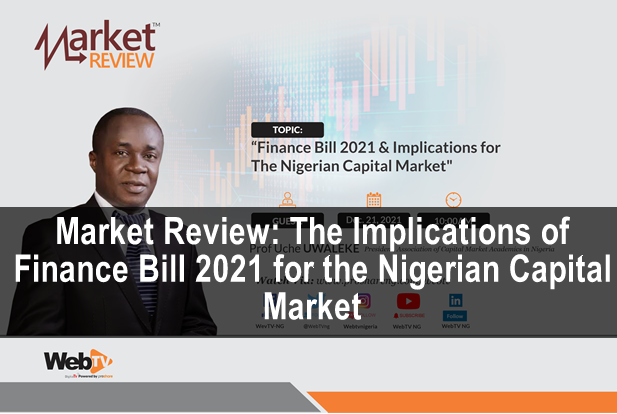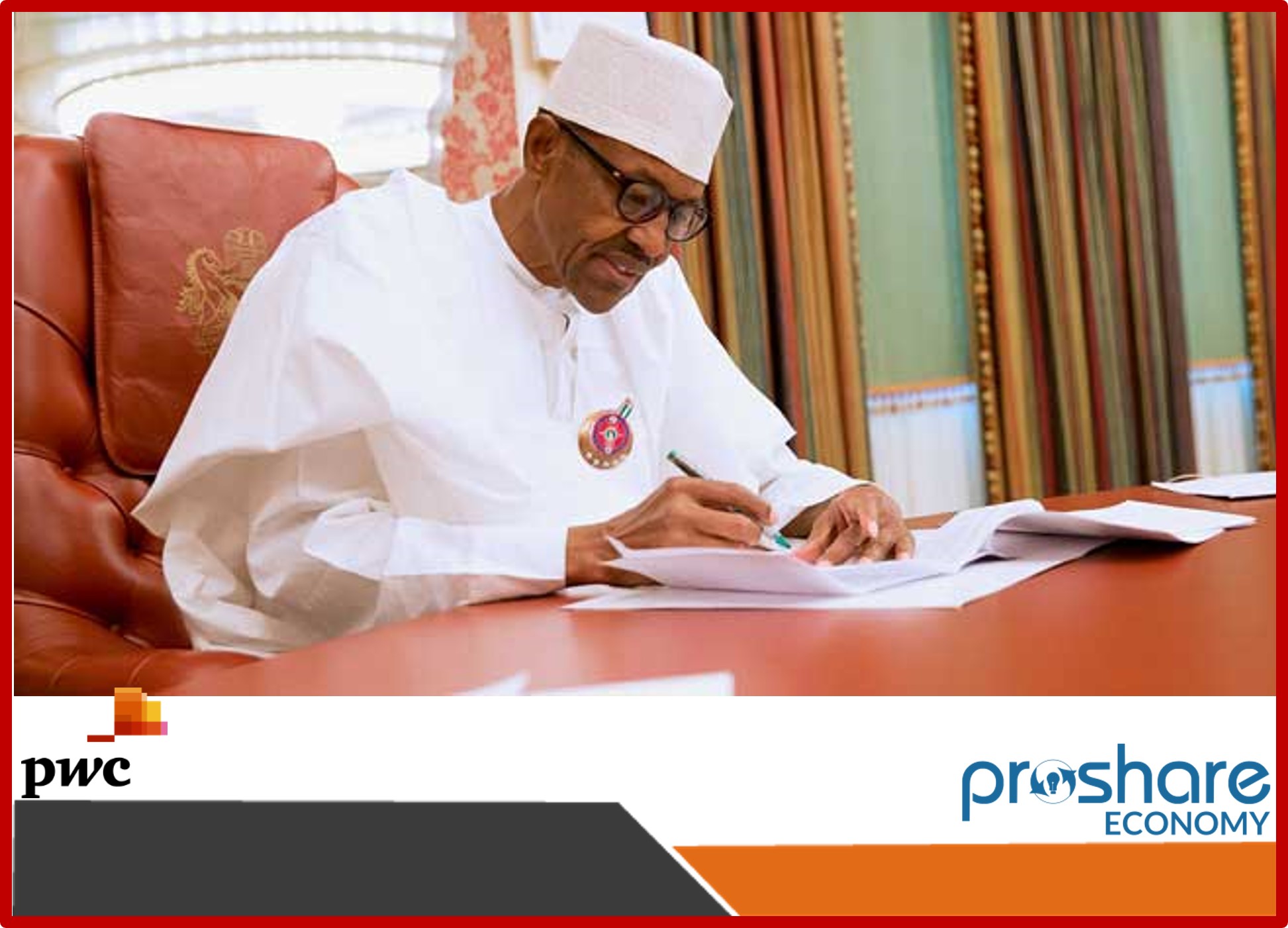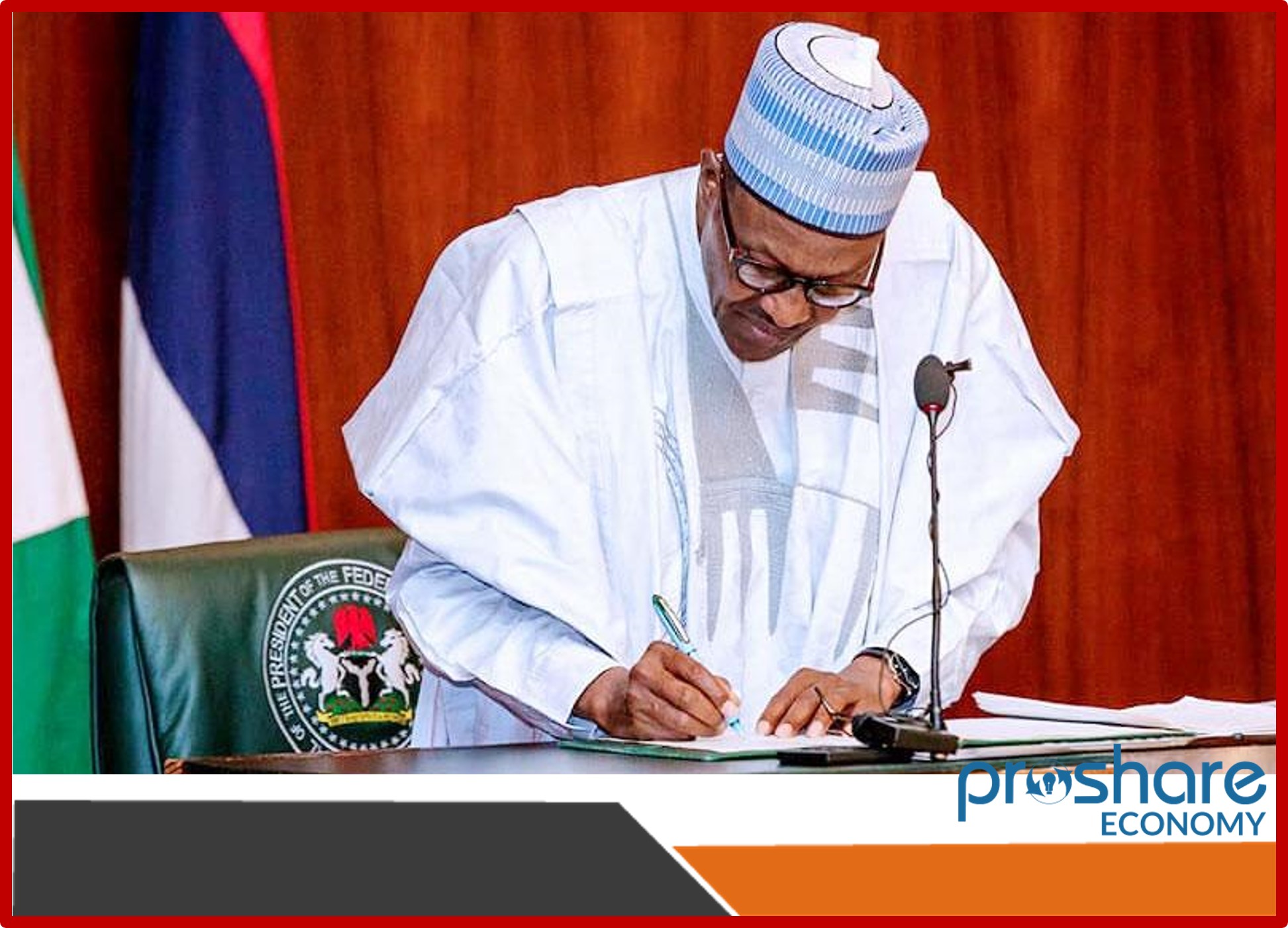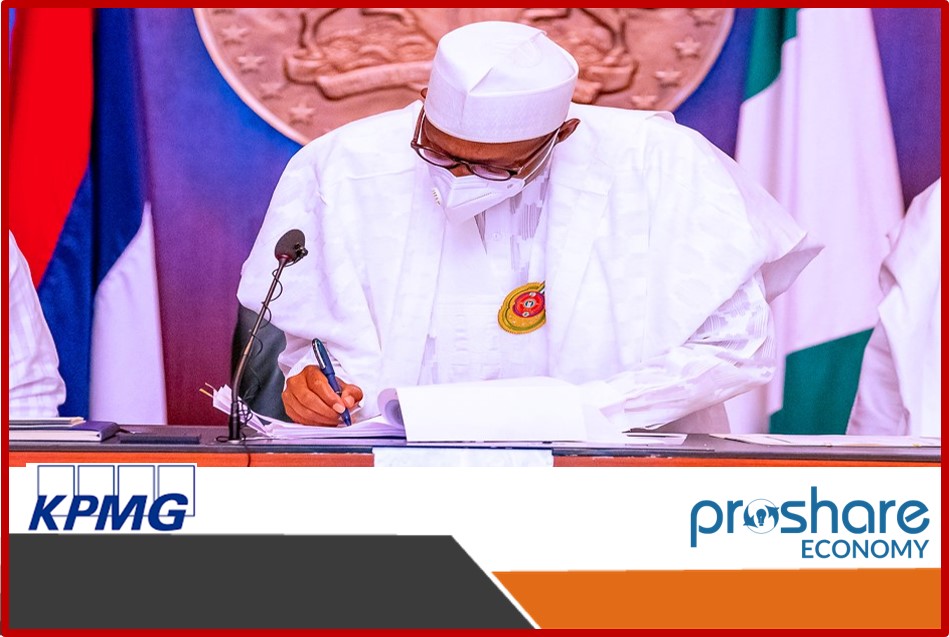The 2022 Finance Bill is currently undergoing legislative consideration. The Bill seeks to amend the following laws:
- Capital Gains Tax Act (CGTA)
- Companies Income Tax Act (CITA)
- Customs, Excise Tariff, Etc (Consolidation) Act
- Personal Income Tax Act (PITA)
- Petroleum Profits Tax Act (PPTA)
- Stamp Duties Act (SDA)
- Value Added Tax Act (VATA)
- Corrupt Practices and Other Related Offences Act
- Public Procurement Act
Summary of the Key Changes
- Gains on digital assets including cryptocurrency to be specifically chargeable to tax under the capital gains tax act at the rate of 10%.
- Capital losses on chargeable assets (including shares) to be tax deductible against chargeable gains on the same class of asset. Currently, losses incurred on the disposal of any asset are not deductible for capital gains tax purposes.
- Income derived by a company from gaming, gambling, betting, or lottery business to be taxable under the Companies Income Tax Act.
- A company engaged in the commercial winning, capture, production and utilisation of gas will be entitled to a single 50% investment tax credit on its qualifying expenditure for that purpose.
- Investment allowance of 10% applicable on qualifying expenditure incurred on plant and equipment is to be repealed. This will however not affect such assets acquired on or before 31 December 2022.
- The rural investment allowance ranging from 15% to 100% of cost incurred by a company to provide facilities such as electricity, water and tarred road where such facilities have not been provided by the government within 20kms of the location is to be repealed.
- The partial tax exemption from CIT granted on income in convertible currencies derived from tourists by a hotel is to be repealed.
- The CIT rate for a gas-flaring company (defined as a company that vents or flares associated or non-associated natural gas unless in the case of an emergency) is to be increased from the standard 30% to 50%.
- An import levy of 0.5% to be imposed on all eligible goods imported into Nigeria from outside Africa to finance Nigeria’s capital contributions, subscriptions and other financial obligations to various multilateral institutions such as the AU, UN etc.
- All services, including but not limited to telecommunication services, provided in Nigeria to be liable to excise duty at rates to be specified via a Presidential Order.
- Amendment of the Customs & Excise Tariff Act to clarify the responsibility and powers of the finance minister to review customs and excise tariffs through the Tariff Review Board.
- Any amount paid as premium by an individual during the preceding year of assessment in respect of own life or the life of a spouse, or contract for a deferred annuity will be tax deductible provided that any portion of a deferred annuity withdrawn within 5 years of paying the premium will be taxed at the point of withdrawal.
- Various amendments to the PPTA to align with the Petroleum Industry Act including penalties for making incorrect or late returns, recognition of the Nigerian Upstream Petroleum Regulatory Commission, tax deductibility of contributions to approved decommissioning and abandonment fund, etc.
- Proposed amendment to the sharing formula for revenue from Electronic Money Transfer from the current 15% for FG and 85% for States to 15% for FG, 50% for States and 35% for LGs.
- Introduction of general anti-avoidance transfer pricing rules to counteract any artificial arrangement in respect of transactions between connected persons for VAT purposes.
- Persons appointed to deduct VAT at source on invoices received from their vendors are now to remit such VAT to the FIRS on or before the 14th day of the following month (currently 21st day of the following month).
- An importer of goods purchased online, from a non-resident supplier who has been appointed by the FIRS to charge and collect VAT, is required to provide proof of such appointment and VAT charged on the invoice as a condition for clearing the goods without further VAT.
- Redefinition of building for VAT purposes to exclude any fixtures or structures that can be easily removed from land such as radio and television masts, transmission lines, cell towers, mobile homes etc. This implies that such assets are not eligible for the VAT exemption on building.
- A public officer is required to seek administrative approvals and ensure there is an approve procurement plan in addition to existing requirements for the award or signing of contracts. Failure to comply is liable to 3 years imprisonment and a fine of N100,000 on conviction
- The Bill indicates a commencement date of 1st January 2022 (which is either an error or intentional retrospective application), or such other date as may be specified by the National Assembly or the President by assent or order.
Download Here – 2022 Finance Bill - HoR
 Lagos, NG • GMT +1
Lagos, NG • GMT +1











 391 views
391 views














 Sponsored Ad
Sponsored Ad
 Advertise with Us
Advertise with Us









